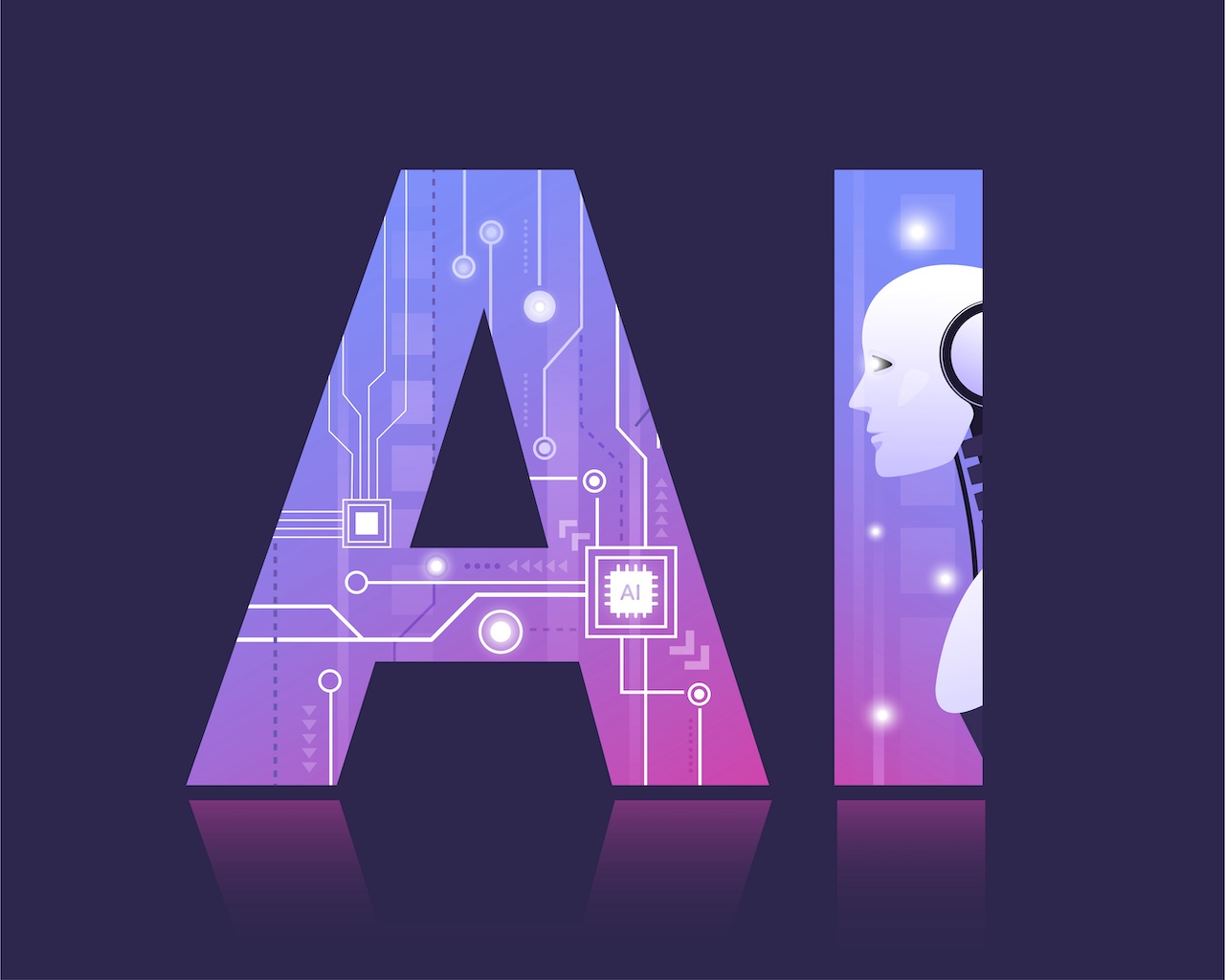For AI companies, assessing their technical foundation requires expanding the standard IT assessment framework. DueDive extends its due diligence process with an AI component that evaluates eight critical areas. These areas ensure that AI is not just an isolated technology but is effectively integrated into the company’s strategy, execution, and overall value proposition.
1 Strategic Alignment and Roadmap
A clear AI strategy is fundamental. How well is it documented, maintained, and embedded in the company’s overall vision? Does the company have a structured roadmap outlining AI development for the next 1-3 years? A mature AI-first company not only integrates AI into its strategic planning but also establishes robust processes for continuously updating and prioritizing AI projects. Furthermore, the presence of an enterprise data model signals an organization that understands how AI connects with its broader data governance and security strategies.
2 The Problem-Solution Fit
Understanding the problems AI is addressing is critical. What specific challenges does the company’s AI technology solve, and what is its value proposition? For AI to be a differentiator, it must offer tangible benefits to either internal processes or external customers. Additionally, evaluating whether these problems could be solved by non-AI methods helps distinguish between AI as a necessity versus AI as a trendy add-on.
3 Data: The Lifeblood of AI
No modern AI system exists without data. The availability, uniqueness, and quality of data determine the success of AI initiatives. Is the company generating a continuous stream of relevant data? Does the company own the data or have exclusive rights? How much of the data’s potential has been exploited, and does the company have mechanisms in place to detect bias or data degradation over time? These considerations assess the long-term viability of an AI company.
4 Validation and Performance Metrics
The effectiveness of AI solutions hinges on rigorous validation processes. How does the company define correctness, optimality, and sufficiency of AI models? A mature AI practice includes continuous monitoring and handling deviations from expected performance. The ability to measure, validate, and iteratively improve AI solutions is a hallmark of a company with a solid AI foundation.
5 AI Approach and Technology Choices
The technological approach behind an AI-first company’s solutions must align with its problem domain. What kind of AI methodologies are in use—classic machine learning, natural language processing, generative AI, symbolic AI, or a hybrid approach? Does the company develop proprietary models or leverage state-of-the-art standard approaches? Understanding these factors helps in benchmarking the company’s innovation potential and technical sophistication.
6 Team Competence and Collaboration
Having the right team is as important as having the right technology. AI is not a siloed function—it must integrate with software development and operations. The balance between data scientists and software engineers, as well as the onboarding and training processes of AI etalents, plays a crucial role in execution speed and quality. A key indicator of maturity is the cohesion between AI and development teams.
7 Implementation and System Integration
Even the best AI models have little value if they are not effectively integrated into a company’s products or operations. How are AI models deployed, monitored, and maintained? The best AI companies have structured MLOps practices ensuring seamless integration between AI research, software development, and deployment. They also proactively manage technical dependencies, security, and performance bottlenecks.
8 Ethical, Legal, and Societal Considerations
AI brings with it ethical, legal, and societal responsibilities. Does the company proactively address AI ethics, bias, and regulatory concerns? With regulations such as GDPR and the AI Act shaping AI governance, a company’s ability to navigate these complexities determines its sustainability and public trust. Responsible AI practices are not just compliance measures; they are a competitive advantage in today’s landscape.
By extending traditional IT due diligence to AI-specific components, DueDive provides a holistic view of a company’s technological maturity. This approach helps investors and decision-makers benchmark AI capabilities, identify risks, and evaluate whether AI is a true driver of value or just a buzzword in a company’s pitch. For AI companies, this level of scrutiny is not just necessary—it is essential to demonstrating credibility and long-term viability.
